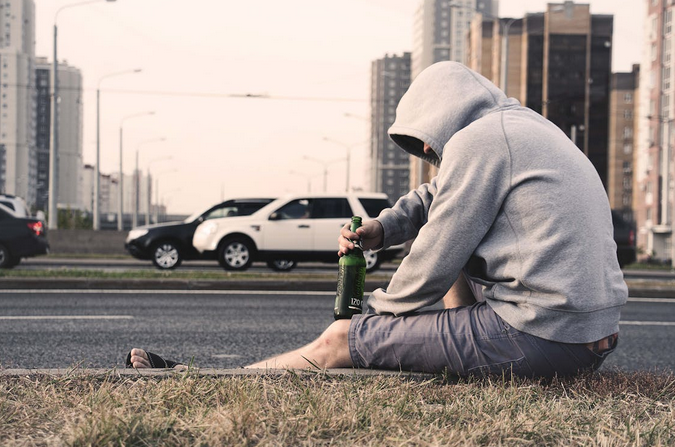
Recovery from addiction is a deeply personal journey, and it’s important to recognize that men and women may have different experiences and needs during this process. Gender-specific rehab programs are designed to address these unique needs, providing tailored support, resources, and therapeutic interventions that resonate with individuals based on their gender. In this article, we’ll explore the significance of gender-specific rehab programs, their benefits, and how they meet the unique needs of men and women in a friendly and informative tone.
Gender-Specific Rehab Programs at a Glance
Gender-specific rehab programs are treatment programs specifically designed for either men or women. Alcohol & Drug Rehabs: Detox & Addiction Treatment Centers Near Me In Vermont recognize that addiction can manifest differently based on gender-specific factors such as social pressures, cultural influences, trauma experiences, biological differences, and emotional needs. These programs offer a safe and supportive environment where individuals can address these factors and focus on their recovery journey.
Benefits of Gender-Specific Rehab Programs

- Tailored Therapeutic Approaches: Gender-specific programs utilize therapeutic approaches that resonate with men and women, addressing their unique emotional, psychological, and social needs.
- Safe and Supportive Environment: By creating gender-specific environments, individuals feel more comfortable and open to sharing their experiences, challenges, and emotions with peers who understand and relate to their journey.
- Gender-Specific Issues: These programs address gender-specific issues such as communication styles, relationship dynamics, self-esteem, body image, trauma recovery, and parenting challenges, allowing individuals to explore and heal these areas effectively.
- Peer Support: Gender-specific programs foster a sense of camaraderie and support among peers, providing encouragement, empathy, and accountability in the recovery process.
- Comprehensive Care: In addition to gender-specific therapy, these programs offer holistic care that includes medical evaluations, psychiatric assessments, addiction education, relapse prevention planning, life skills training, and aftercare support.
The Unique Needs of Men
Men’s rehab programs recognize that men may face specific challenges related to masculinity norms, societal expectations, career pressures, emotional expression, and relationships. These programs may incorporate therapeutic approaches such as cognitive-behavioral therapy (CBT), group therapy, anger management, trauma-focused therapy, and vocational counseling to address these challenges effectively. They also provide opportunities for men to build healthy relationships, develop emotional intelligence, and learn coping skills that support long-term sobriety and well-being.
The Unique Needs of Women
Women’s rehab programs acknowledge that women may have distinct experiences related to trauma, self-esteem, body image, relationships, motherhood, and societal roles. These programs may integrate therapies like trauma-informed care, art therapy, mindfulness practices, empowerment groups, family therapy, and life skills training to address these areas comprehensively. They create a nurturing and empowering environment where women can heal, grow, and build resilience in their recovery journey.
Gender-specific rehab programs play a vital role in meeting the unique needs of men and women in recovery. By offering tailored therapeutic approaches, creating safe environments, addressing gender-specific issues, fostering peer support, and providing comprehensive care, these programs empower individuals to navigate their recovery journey with confidence and resilience. Embracing the diversity of experiences and needs based on gender enhances the effectiveness and impact of addiction treatment, ultimately supporting individuals in achieving lasting sobriety and well-being.
